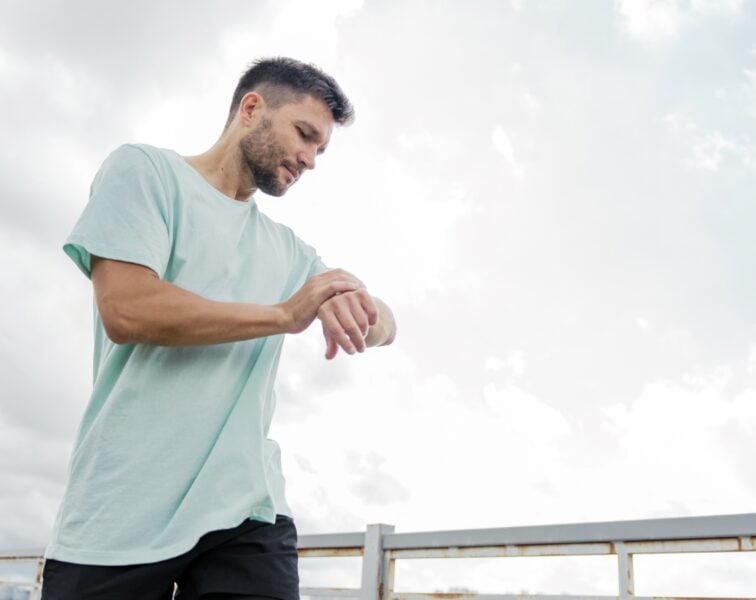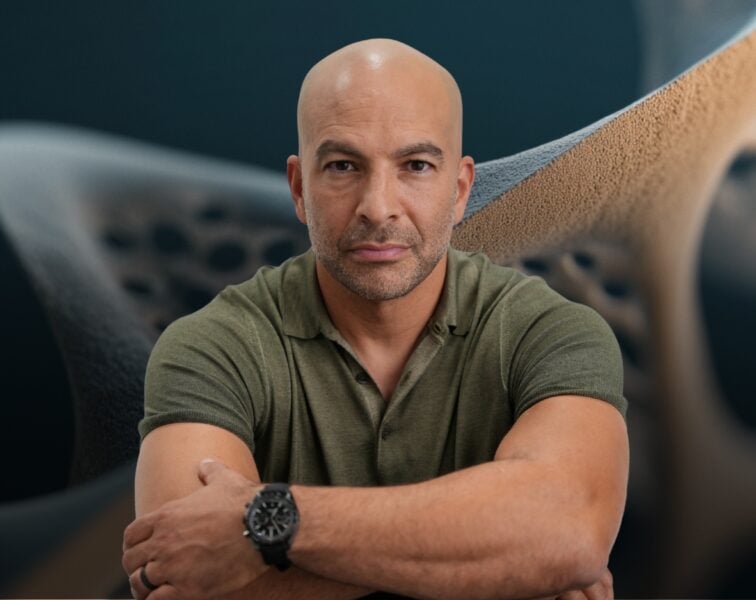In this special episode filmed live in front of readers of Outlive, Peter answers questions revolving around his concept of the centenarian decathlon. He starts by defining the “marginal decade” and how that shapes his training for the events and activities that make up his personal centenarian decathlon. Peter explains how he coaches patients through the challenges of customizing their own list and building out a training plan, including how to set fitness goals early in life in preparation for the marginal decade. From there, he dives into training within the four pillars (zone 2, VO2 max, stability, and strength), including the minimum effective dose, how to split your time, his personal protocols, and other considerations. Additionally, he touches on bone mineral density, female-specific considerations, working through injuries, and the profound impact training can have on the overall quality of life.
Subscribe on: APPLE PODCASTS | RSS | GOOGLE | OVERCAST | STITCHER
We discuss:
- The best interventions for longevity [2:15];
- The marginal decade and the centenarian decathlon [4:45];
- Peter’s personal list of events for his “centenarian decathlon” and how he helps patients create their own list [8:00];
- Determining your fitness goals early in life in preparation for the marginal decade, metrics to track, and more [15:00];
- How does playing sports like tennis, basketball, or golf fit into training for the centenarian decathlon? [24:15];
- Training within the four pillars: minimum effect dose, how to split your time, and other considerations [27:45];
- Advice for the older person and why it’s never too late to start [33:45];
- Bone mineral density and other female-specific concerns and considerations [36:15];
- Training advice for those with minimal access to a gym or equipment [39:30];
- Injuries: prevention and working through existing conditions [41:00];
- Cardiorespiratory training: how to split time between zone 2 and VO2 max training, and different modalities for a true zone 2 workout [44:15];
- VO2 max training: modalities, Peter’s protocol, and how to monitor progress [54:45];
- The profound impact training can have on the overall quality of life [58:15]; and
- More.
Get Peter’s expertise in your inbox 100% free.
Sign up to receive An Introductory Guide to Longevity by Peter Attia, weekly longevity-focused articles, and new podcast announcements.
The best interventions for longevity [2:15]
- Everyone who pre-ordered the book could sign up for this live event
- They submitted a bunch of questions
- The team went through thousands of questions and tried to group them and organize them to get through as many as possible
- We apologize if we don’t answer your question
What’s the best thing you can do for longevity?
If you have five tactics in a tool kit, but if there’s just one thing people should focus on, what would that be?
- This is an impossible question to answer because if you have a person who is sleeping four hours a night and you don’t fix that, nothing else will matter
- Likewise, if you have a person who is malnourished, you have to address these issues
- Generally speaking, if everything in your life is a 6 or 7 out of 10, taking your exercise to a 10 out of 10 is going to have a “greater impact on both the length and quality of your life than any of the other domains that I can think of” says Peter
- An exception would be emotional health; that’s one that can be such a binary thing
- If you take a person who, for example, like Peter, where that house is not in order until that’s addressed, all the exercise in the world wouldn’t fix that either
The marginal decade and the centenarian decathlon [4:45]
Quickly define two terms we use quite a bit: centenarian decathlon and marginal decade
The marginal decade is the last decade of your life
- So everyone will have a marginal decade
- Most people certainly don’t know the day they enter it
- Sometimes, when you’re in it, especially if you’re nearing the end of it, a person probably has a sense of that appreciation
- The marginal decade is an important model because for most people this is really a period of poor life quality
- Physical health has usually declined significantly
- Cognitive health potentially has declined as well
- Peter has observed many people in their marginal decades (including people he’s been close to), and he noticed that there can be a great sense of withdrawal because of these things
- They’re not participating in life
If you plan to have a remarkable marginal decade, by definition it means that all the decades that came before it also had to be pretty remarkable
In the book, Peter uses the analogy of an archer:
- If you really want to be proficient at 50 yards with a bow and arrow, practice at 100
- And you’ll be amazed at how simple 50 becomes and 60, and 70, and 80
- It’s a very non-linear relationship in terms of accuracy with a bow and arrow
- The centenarian decathlon becomes the scaffolding upon which Peter actually thinks of this
{end of show notes preview}
Would you like access to extensive show notes and references for this podcast (and more)?
Check out this post to see an example of what the substantial show notes look like. Become a member today to get access.



